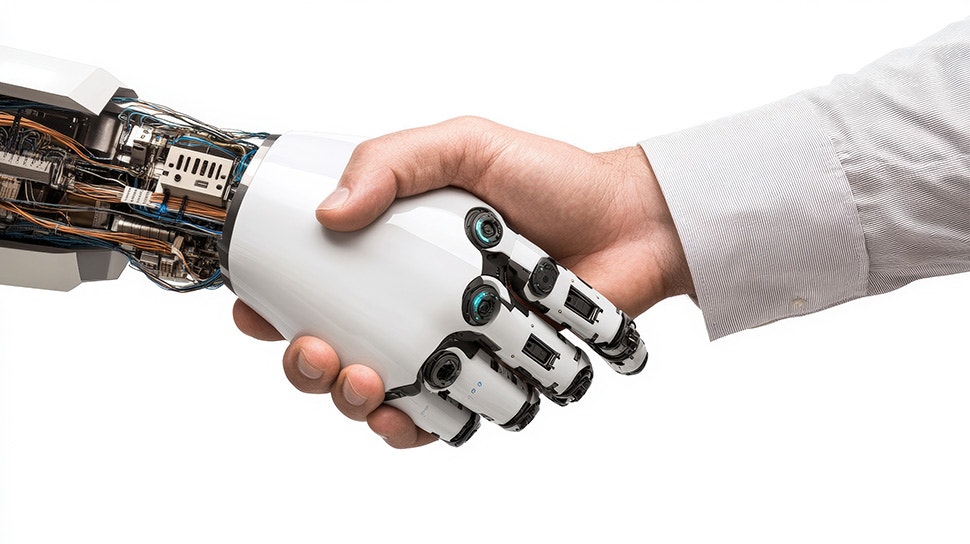
Legal AI, Legal Trends, Legal Tech
Read how personal injury firms are gaining a competitive advantage in 2026 by adopting these four key legal tech trends.
Legal AIAugust 18, 2025
Artificial intelligence is transforming industries at an unprecedented pace, and the legal profession is no exception. Yet, as our legal experts cautioned during our recent webinar, Adopt or Lose to the Competition, AI legal technology without human oversight can be misleading and ultimately unhelpful.
“I never let anything go out unless I have personally verified every fact and the information therein. So luckily, we're not one of those firms where I could say there was a misstep where it resulted sanctions and loss of their representation” says Jon Lomurro, partner at Lomurro Law.
In other words: AI may be able to crunch numbers and parse documents faster than any associate, but the final say still requires human critical thinking.
One of the biggest missteps of adopting AI tools in a law firm is assuming they can replace core legal reasoning. Accuracy in the legal field isn’t exclusively about getting the facts right; it’s also about interpreting those facts in a legal setting.
Sometimes AI can sometimes present technically accurate but legally irrelevant results. Without legal knowledge, output taken at face value can result in a serious mistake.
This is why legal AI must be more than just an algorithm trained on text. It must be a tool that supports and enables legal professionals to operate as better versions of themselves.
The experts wholeheartedly agree on the premise that AI is not here to replace lawyers. Instead, it’s here to amplify their expertise. Why do they believe this?
AI can assist (not replace) legal professionals with document review, case summaries, research, and even strategic decisions but the attorney is still the one on the hook for the result.
The panelists stressed that legal AI verification features (i.e., “referential integrity”) are critical for safe use of AI. When evaluating tools, following legal AI best practices means they should include:
Without legal oversight, AI can:
Poorly vetted AI outputs can expose firms to malpractice claims, resulting in a cost far greater than the money saved by using AI without oversight.
Adopting AI successfully requires a strategic, phased approach:
As Nick Verderame of Plattner Verderame noted, “It's another brain. And now paralegals can do more advanced paralegal work or other things. . .It enables everybody to take a step up in their career and do more complicated things.”
Want to learn how you can supercharge your productivity and upskill with NeosAI? Schedule a personalized consultation today.
Q: Can AI replace experienced lawyers, paralegals or junior associates?
A: AI can automate many of their routine tasks, but the output still requires legal review. Legal AI technology should be seen as an efficiency booster, not a replacement for a real human with knowledge and experience.
Q: How do I know if an AI tool is safe for legal work?
A: Look for tools built for legal use, with clear sourcing, domain-specific training, and security measures like data encryption (like NeosAI!).
Q: What’s the biggest mistake firms make when adopting AI?
A: Overreliance without verification. Always confirm AI’s outputs against trusted legal sources and your own knowledge and intuition.
Q: Should small firms invest in AI?
A: Yes! Firms of any size can benefit greatly from AI efficiency gains, should take care to use it as a tool and maintain full oversight of final output.
SHARE
